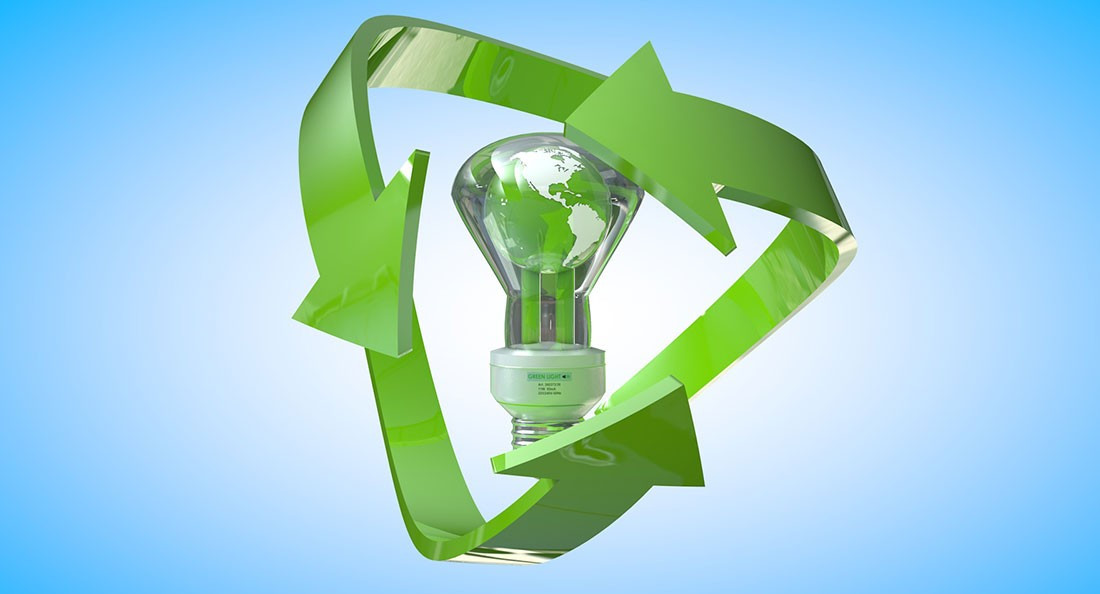Energizing the Canadian Community
Let’s Talk Energy Initiative promotes sustainable energy
Every form of environment is filled with energy: in social environments, workplaces and in nature. People use energy in several different ways throughout their daily lives, and every action has an impact on the environment.
Ingenium’s Let’s Talk Energy (LTE) Week is a week-long event across Canada in different communities, where speakers will lead participants in discussions about climate change, energy and the role that science and technology plays in planning a sustainable future.
This event intends to help people explore energy systems and analyze the relationships between Canada’s economy, energy and the environment.
“We give our audiences the information they need to think critically about energy production and use in Canada, and to then make informed decisions in their own lives about their energy needs and priorities,” Shane Patey, an agent for Let’s Talk Energy, says.
LTE’s goal is to expand energy literacy in Canada, engage people in Canada in a dialogue about the nation’s future in energy and promote the role of science and technology in their effects on Canada’s past, present and future.
Canadians need to talk about sustainable methods for Canada’s future, as it is a forest nation, with forests covering 50 per cent of the land mass. If the forests are disturbed by forest fires and pest outbreaks, the damages can have significant effects on global warming. This affects climate conditions causing shifts in the environment and directly impacts society through agricultural practices, for example.
From Feb. 17 to 24, the Manitoba Museum will host Let’s Talk Energy Week in their Science Gallery, where participants can learn about energy in all uses and forms from several different collaborators. Participants can even use some of the equipment that researchers use when studying energy, such as the thermal imaging camera.
Payment for science gallery tickets is required for participation, but others can also join the conversation by following the hashtag #TalkEnergy to hear what other Canadians have to say about it.
According to Natural Resources Canada, Canada is the fifth-largest producer of energy in the world and the eighth-largest consumer of energy. Canada has several energy sources, including natural gas, hydroelectricity, nuclear energy, coal and natural gas.
Energy can be either renewable or non-renewable. Renewable energy is that which can be replenished through natural processes, while non-renewable energy is of finite supply and is used faster than it can be replaced, limiting the available supply for society.
“Sustainability in the Canadian context refers to sourcing energy from renewable and safe sources as widely as possible, maximizing our capacity for low carbon resilience in our extraction and use of fossil fuels, making decisions in industry, governments and at home that ensure we are using energy smartly and conservatively,” Patey says.
Carbon dioxide is a greenhouse gas. If people burn fossils such as oil, coal and natural gases to power their homes, cars and other machines requiring electricity, more gases will be released into the air, including carbon dioxide.
This extra release of carbon dioxide will increase the greenhouse effect, which causes the planet to become warmer than it naturally should be, a phenomenon called global warming.
Canadians (and Manitobans) can help support the future of sustainability and conservation of energy in Canada. Currently, Manitobans and Canadians in general can be looking at ways to transition from using non-sustainable, non-renewable energy sources.
The Manitoban “government will have to continue to walk that fine line between continuing to maintain a healthy economy, while taking measures to protect a healthy environment. Part of what Manitobans can do is become educated on their choices with regards to energy use,” Mike Jensen, a worker at the Manitoba Museum for Let’s Talk Energy Week says.
The way society uses energy is a broad topic that can still be explored.
“This is an issue that faces all Manitobans, young and old, and we need to look at diverse ways of getting citizens informed and talking about it,” Jensen says.
Learn more about Let’s Talk Energy week at manitobamuseum.ca.
Published in Volume 72, Number 17 of The Uniter (February 8, 2018)








